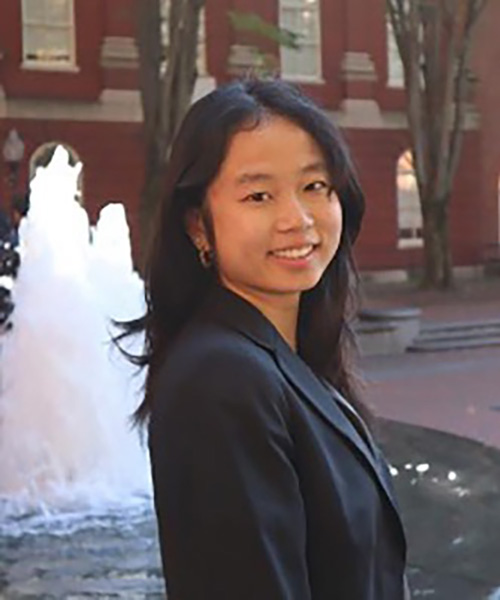
Beyond the Headlines: Bridging Divides through Dialogue
Zifei Zhao | 2025年5月15日
响应: Georgetown Students Reflect on Virtual Exchanges with Tsinghua University
Lam Tran
Participating in the U.S.-China Student Dialogue offered a rare opportunity to engage directly with Chinese peers at a time when official relations between the two countries are under historic strain. Over four virtual meetings and a study tour in Beijing and Hong Kong, we shared perspectives on some of the world’s most pressing issues—most notably, artificial intelligence (AI) governance and climate change. These conversations were informed not just by our academic interests, but by a shared belief that much of the future hinges on how the relationship between Washington and Beijing will determine the outcome of these complex, high-stakes challenges.
The urgency of AI and climate change cooperation was a clear through-line in our virtual dialogues. Professor Da Wei from Tsinghua University captured the anxiety that permeates global debates about emerging technologies. Rather than framing AI as simply another arena for U.S.-China competition, he argued for the case of a potential “AI versus human” struggle. His point resonated—if both sides focus only on outpacing each other to develop Artificial General Intelligence (AGI) they risk overlooking the broader implications of unchecked AI development on humanity. Professor Joanna Lewis from Georgetown, meanwhile, emphasized that climate change’s mounting impacts are already being felt around the world, and will only worsen without urgent and coordinated actions. Both professors, in different ways, urged student participants to think beyond the binary of competition, reminding us that some global issues can only be adequately addressed through cooperation.
Yet, as our discussions unfolded, we debated extensively the obstacles that stand in the way of such cooperation. At the top government level, there seems to be a deficit of trust on both sides. Dialogue is too often overshadowed by rhetoric, protectionist policy, and retreating diplomatic efforts—on AI computer chips, on markets for green technologies like electric vehicles, batteries, and solar panels, and on broader questions of national power. Recent developments with the new administration in Washington, such as the escalation of the trade war and the suspension of visas for Chinese students to the United States, featured in much of our informal conversations.
Amid this tense climate, our people-to-people exchanges stood out as a symbolic but important counterweight. With the number of American students in China at an all-time low, initiatives like this dialogue matter more than ever. The most illuminating moments often came from our own efforts to explain the domestic politics, cultural assumptions, and public debates shaping our countries’ worldviews and policies. We found ourselves both challenging and learning from each other—clarifying misconceptions, questioning narratives, and finding surprising common ground. These personal interactions cannot substitute for high-level engagements, but they do plant the seeds for future cooperation.
The U.S.-China Student Dialogue highlighted both the magnitude of the challenges ahead and the enduring value of exchange. As the formal relationship grows more adverse, these connections—however modest—remain a vital bridge. The seasoned China analyst Paul Heer assesses that U.S. engagement policy toward China since the Nixon administration “has not failed; it just hasn’t fully succeeded yet… and the alternative of not engaging China will not take us to a better place.” Perhaps one of the best hopes for rekindling the spirit of collaboration that global challenges demand from Beijing and Washington can start with this dialogue between American and Chinese students.
Lam Tran (G’26) is a first-year graduate student in the Master of Science in Foreign Service program at Georgetown's School of Foreign Service, focusing on science, technology, and international affairs.

Zifei Zhao | 2025年5月15日
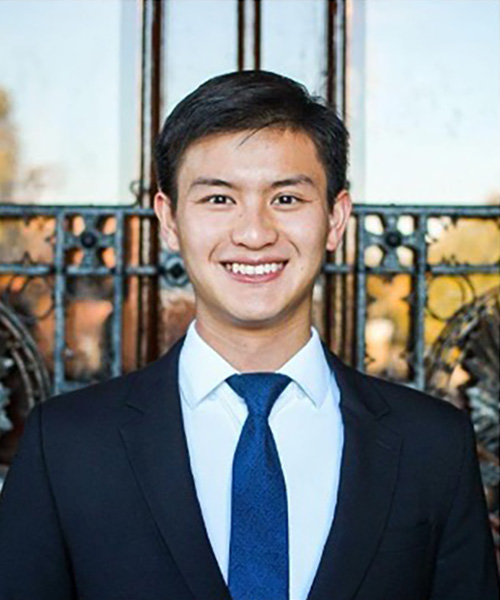
Bennie Chang | 2025年5月15日

Aanika Veedon | 2025年5月15日
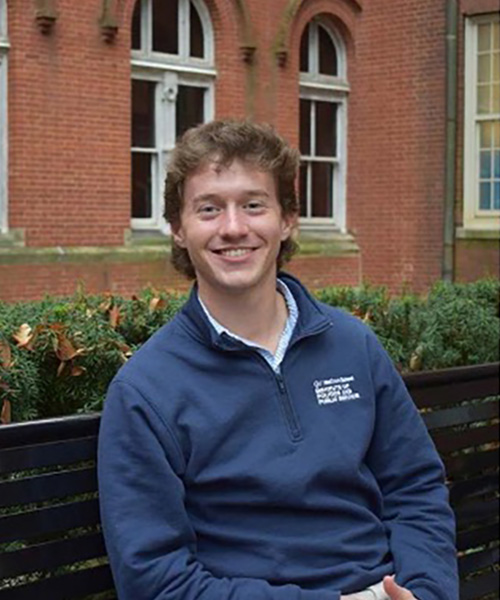
Luke Hughes | 2025年5月15日
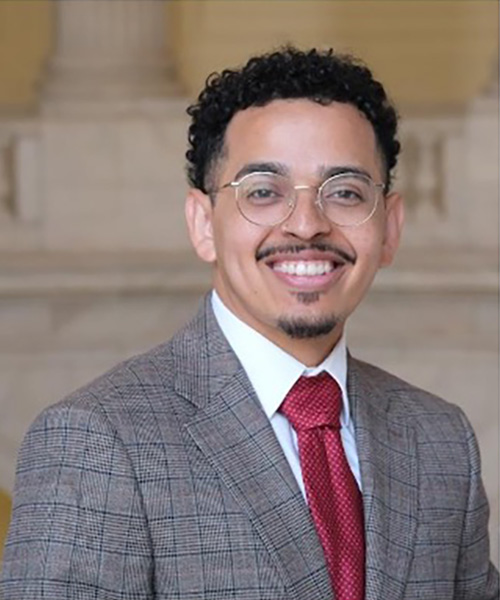
Daniel Castro Bonilla | 2025年5月14日

Emmy Ekstrand | 2025年5月14日

Isabella Stratta | 2025年5月14日
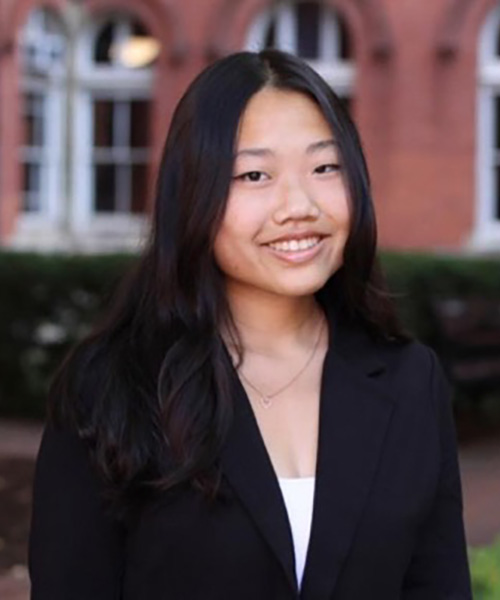
Maggie Yang | 2025年5月14日

Tiffany Cowan | 2025年5月14日

Drew Zacharias | 2025年5月14日
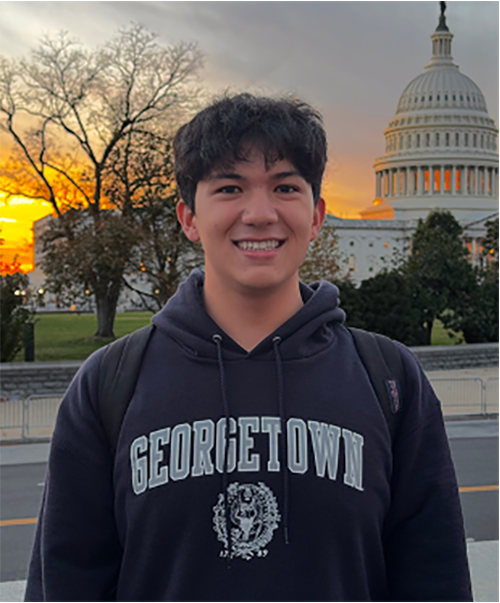
Patrick Coggin | 2025年5月14日
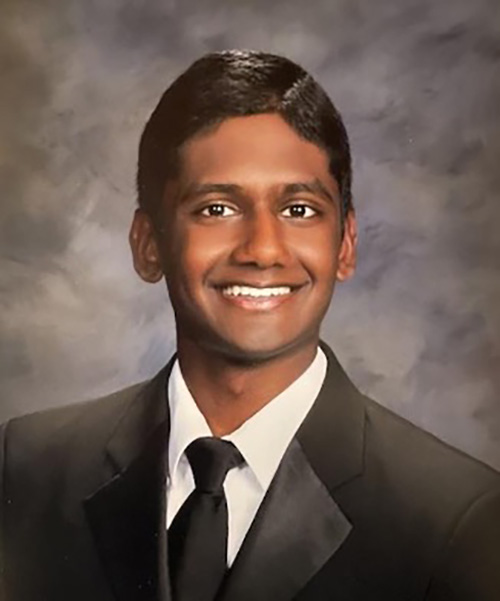
Raghav Akula | 2025年5月14日